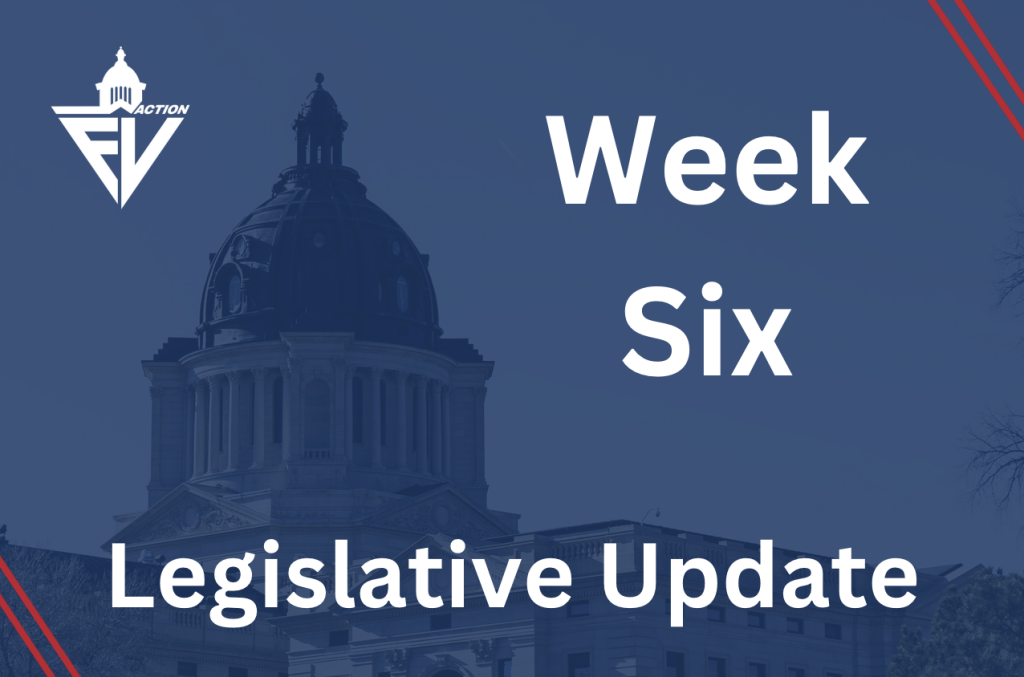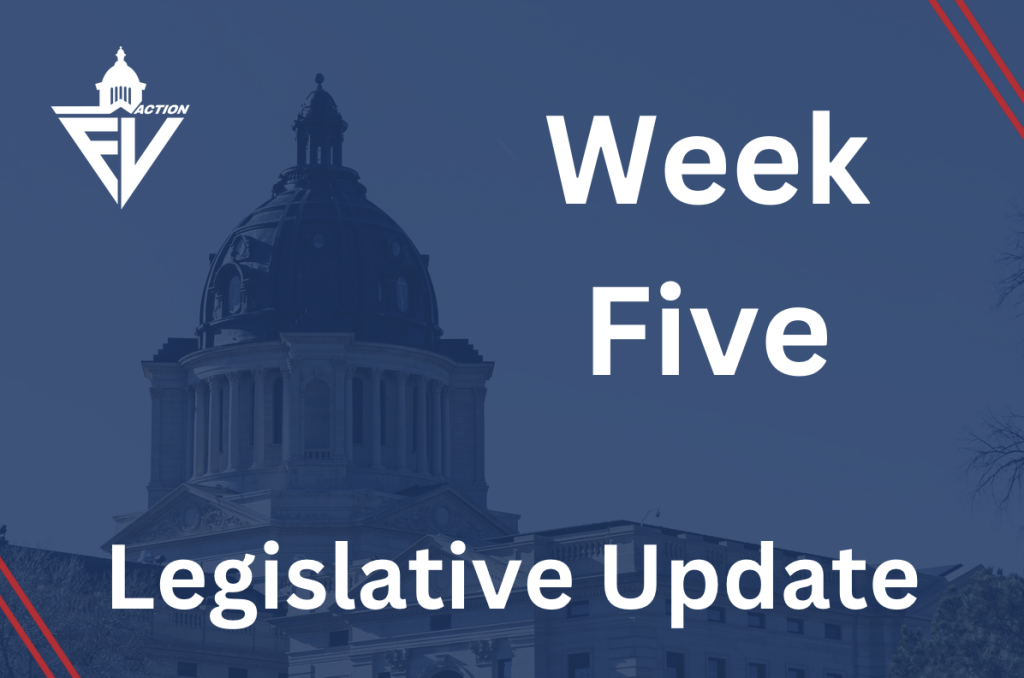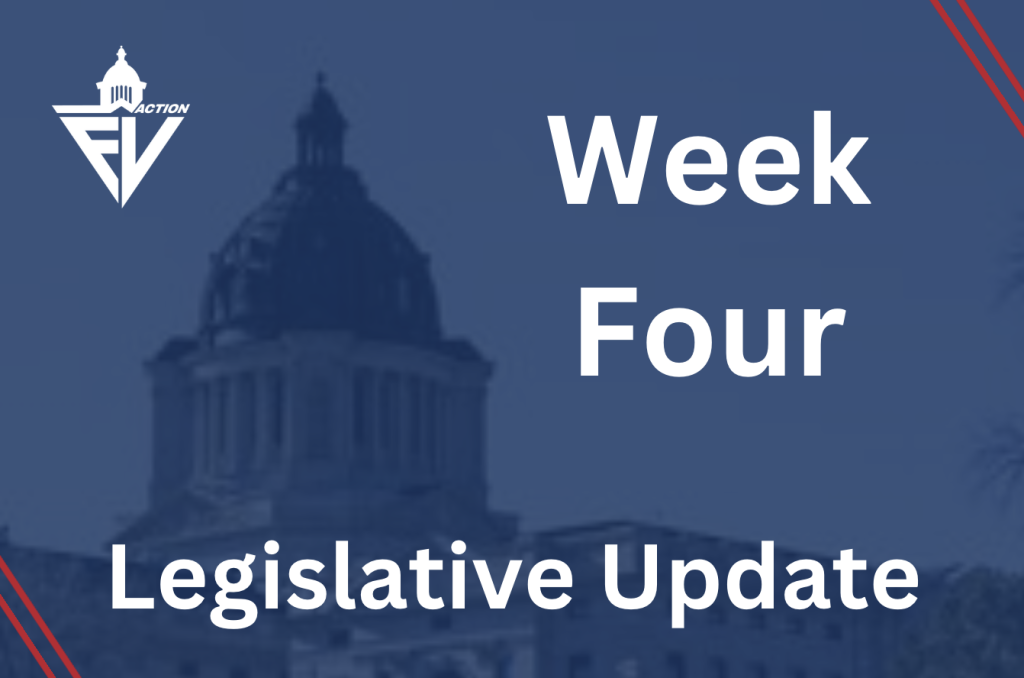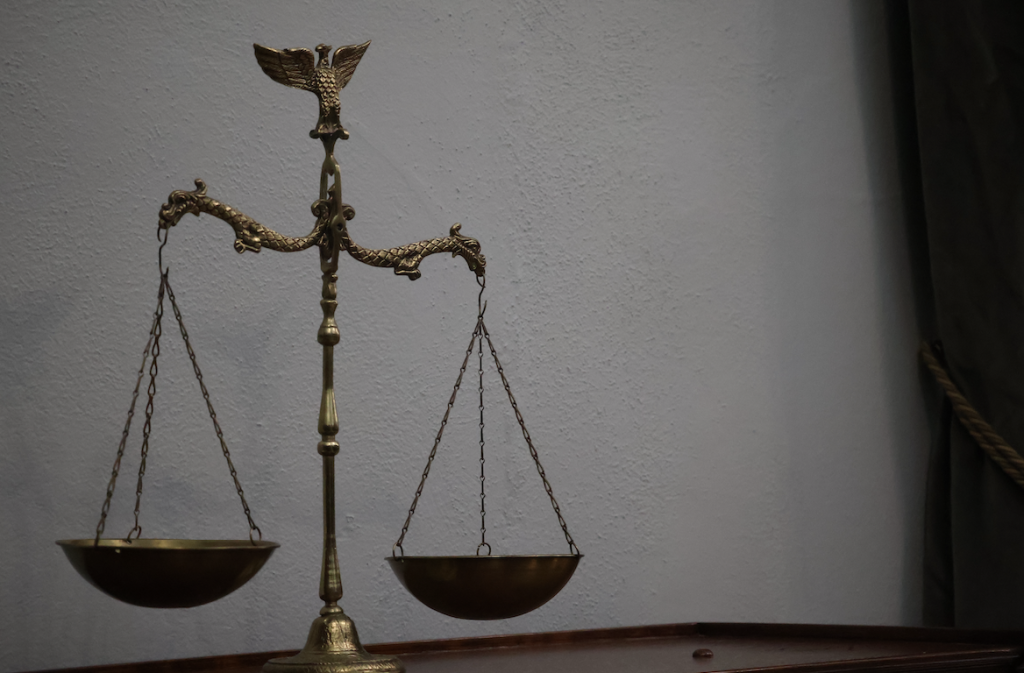The US Supreme Court’s landmark decision in Free Speech Coalition v. Paxton established that states have the right to require explicit adult websites to verify the age of users before granting access to the platform. The ruling gives momentum to the idea that age should also be verifiedbefore allowing children to download applications on their device. Texas – whose Attorney General was at the heart of the Paxton case – is already capitalizing on that. South Dakota legislators shouldn’t waste any time before doing the same.
Free Speech Coalition v. Paxton
On June 27, the US Supreme Court ruled in a 6-3 decision that allowing states to enforce age verification laws for websites with adult content does not violate the First Amendment rights of adults. The case, Free Speech Coalition, Inc. v. Paxton, centered around Texas law H.B. 1181, which requires websites and social media platforms to verify the age of users if more than one-third of the content is sexual material deemed harmful to minors. South Dakota’s age verification law, passed earlier this year, went into effect on July 1.
App Store Age Verification
At least nine states, including South Dakota, have considered laws that would require app stores like Google Play to verify the ages of users and obtain parental consent before enabling minors to use certain applications. South Dakota’s bill, SB 180, also known as the App Store Accountability Act, would have leveraged existing infrastructure within app stores to verify users’ age. Unfortunately, this bill was rejected in committee earlier this year.
Texas’s App Store Accountability Act, however, was just signed into law, becoming the second state (after Utah) to pass such a measure. Tech giants have a lot to say about it.
The Arguments
Kathleen Farley, the vice president of litigation for the Chamber of Progress (a group backed by Apple), questioned the legality of the law – “A big path for challenge is that it burdens adult speech in attempting to regulate children’s speech. I would say there are arguments that this is a content-based regulation singling out digital communication.”
Fortunately, the Paxton ruling already speaks to Farley’s arguments. The Court found that “protecting children from sexually explicit material online justifies the burden that the age-verification requirement puts on adults.” Justice Clarence Thomas rightfully noted in the majority opinion that “adults have no First Amendment right to avoid age verification.”
The Court’s decision in Paxton will certainly come into play if Texas’s App Store Accountability Act is challenged. From our perspective, any challenge based on an alleged First Amendment violation would not be successful with the precedent established in Paxton.
From a legal perspective, the biggest problem with the status quo is this: children are not legally empowered to sign binding contracts, such as those required when downloading an app. Age-verification laws bring app stores in line with pre-existing laws recognized nationwide. Having parental oversight of app downloads is a great way to help protect kids, but the simple fact is that app stores shouldn’t be letting children sign multi-page legal agreements in the first place.
“The problem is that self-regulation in the digital marketplace has failed, where app stores have just prioritized profit over safety and rights of children and families,” Casey Stefanski, executive director for the Digital Childhood Alliance, explained.
South Dakota made incredible progress by finally passing an age verification measure for explicit adult websites last year, but we can do more.







